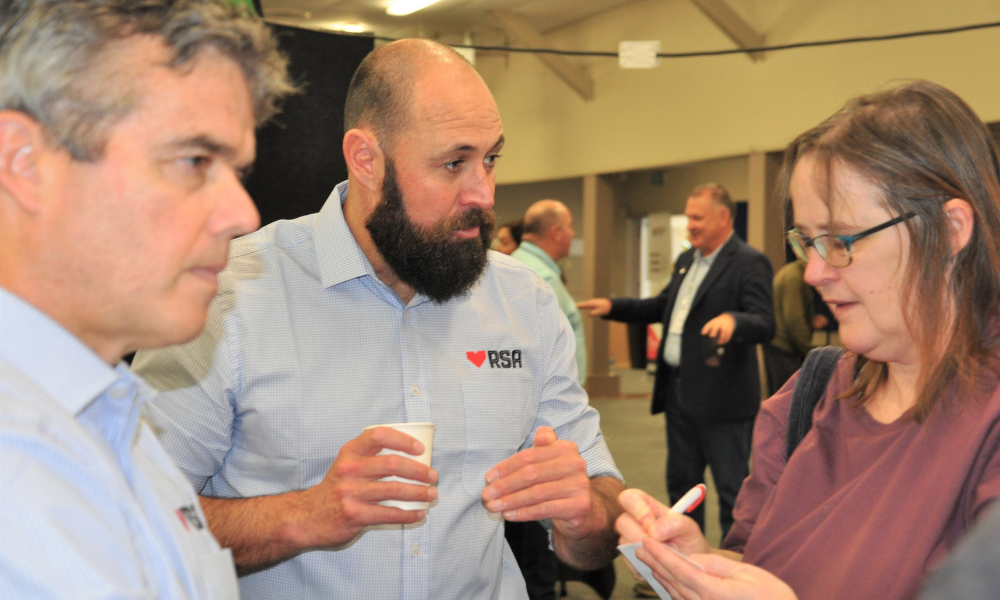
'We've got people suitable for almost any role you can think of'

A new initiative to help employers harness the potential of New Zealand veterans of military service has been received with great enthusiasm, with 55 organisations signing up already.
Being run as a 12-month trial, the Veteran Employment Service from the Returns Services Association (RSA) is a career and transition service to help ensure those looking to leave military service are able to find meaningful employment that uses their skills and connects them with employers that understand their value.
The service, run in partnership with the Ministry of Social Development, includes six veteran employment advisors across the country who connect organisations with people who possess the skills they need.
There are many benefits for those in the civilian sector employing former personnel from the armed forces, says Dave Benfell, RSA employment manager.
“Ask anyone that's employed veterans - in general, the work ethic is high standard, it’s very goal-orientated and we're always wanting to get the job done no matter what.”
Many of the employers that have signed up to the Veterans Employment Service are keen to get more service personnel into the business, says Benfell.
“They’ve already employed veterans and they’ve understood the work ethic, the values and the ethos they bring. They've understood that when you give a veteran loyalty, then you get loyalty in return.”
There skills of military personnel can benefit employers, he says.
“Leadership [in the civilian world] is one thing, but leading people overseas and in an armed forces context, there's nothing like it,” says Benfell. “A non-commissioned officer rank, like a lance corporal or a corporal, might lead a group of people in the worst circumstances, under pressure in the harshest conditions, controlling everything from logistics needs to food and transport.”
Due to detailed contingency planning, they’d be more widely skilled than their actual rank would suggest, he says.
“You always have a contingency plan for if somebody above you falls over, then you need to step up. So you're not only doing your job, you're actually training to do the job above you.”
Veterans are often overlooked for roles they’re more than qualified for in the civilian world, says Benfell. This is largely because the language for the skills they have and situations they’re serving in aren’t recognised so readily out of a military context or translate well to a CV.
That’s where the Employment Service can help translate those skills into terminology that’s more widely recognised as being valuable to businesses and other organisations.
“We understand the way the Armed Forces works. We understand the roles that people do… everything from logistics, to project management. We'll help employers sift through those different roles to get the best of them. So we've got people suitable for almost any role you can think of.”
With most of those in the Veterans Employment Service having served in the military themselves, they understand the challenges for those who come out into the community – which has a very different way of life to that they’ve been used to, says Benfell. Many signed up as teenagers and just need help bridging the gap into the civilian workplace.
“You’ve got a lot of high-quality people in the forces,” he says, but many aren’t matched to the roles where the employer can truly benefit from their experience they have.
“In an armed forces context, if a job needs doing, the mission is very, very important and if you don't do it properly, people can get hurt, your friends can get hurt.”
What’s more, the work ethic that veterans bring to an employer is invaluable – and that counts for former personnel from all ranks.
“Laziness is seen as shirking in the armed forces,” he says. “It’s really looked down upon. You can't have anyone in a small team working together in a jungle, or a group of 120 doing operations in the desert and one that's not pulling their weight, not doing their job or is not competent - the whole team can be put in jeopardy. That's the way the armed forces work. And that's the work ethic that we take on into the future.”